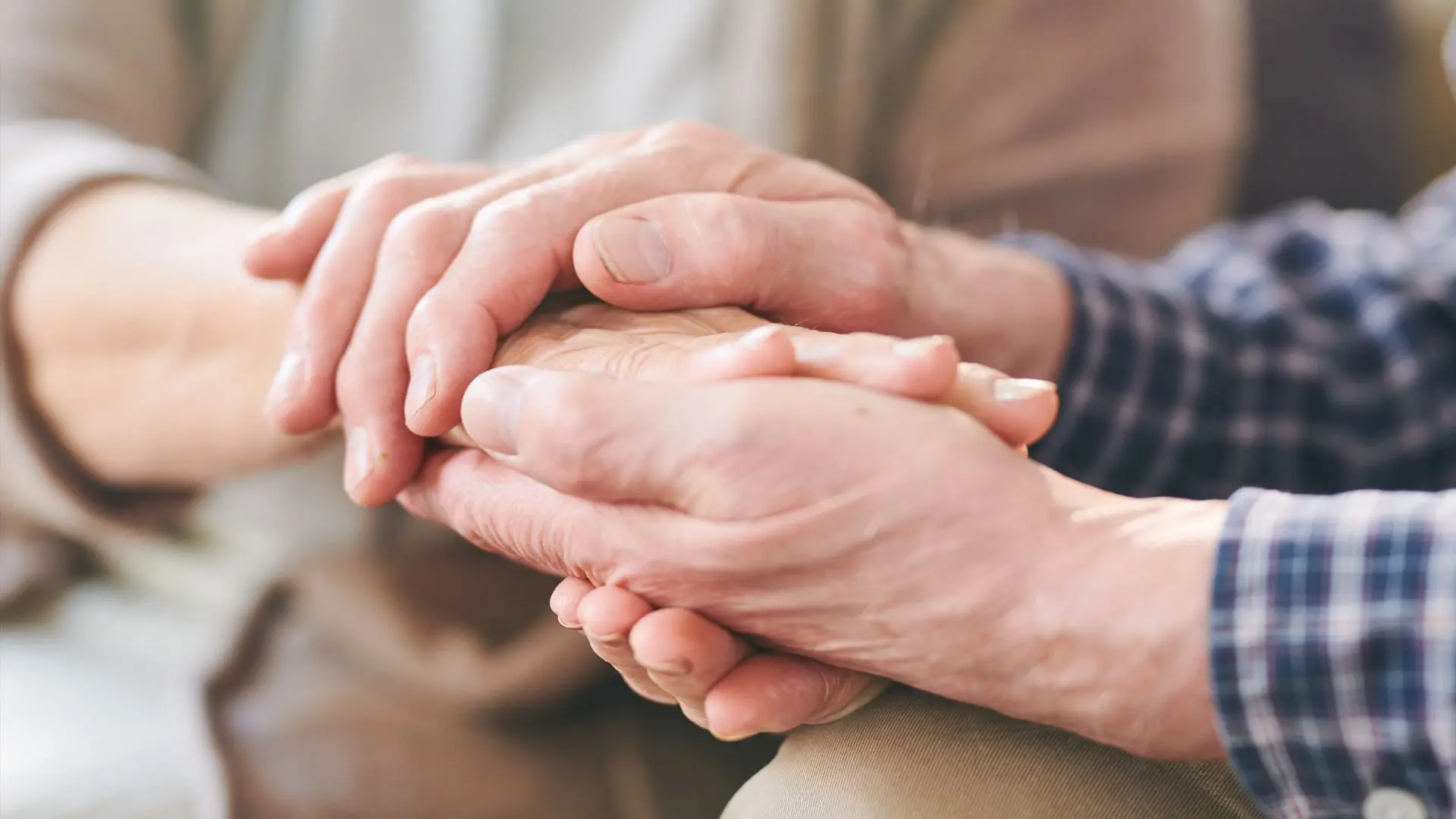People who are sick or homebound can often feel neglected or forgotten. Through your efforts you can be a light, providing that positive support and companionship they need to feel included in the people of God.
Visiting the sick is a corporal work of Mercy but, to many, it can be the hardest one to do.
It’s natural to feel uncertain visiting someone who is sick or homebound. Maybe you don’t know what to say or even fear illness or being uncomfortable, but there are some simple steps you can take to make this crucial work of mercy one of your greatest missions this year.
Visiting the sick also doesn’t have to be limited to the dying, which is a common misconception. Visiting a new mother and bringing a meal for her family, stopping in to see a kid who has just broken their arm, or sending a sympathy or get well card to a sick friend; these are all signs that mercy lives within you. If you have never deliberately set out to perform this particular work of mercy, taking small steps, beginning with that “next right step,” is the place to start.
Getting started:
- Reach out to your pastor or deacon, or other parish staff member to discover where there may be a need. In most cases they will be able to set you up with specific people to visit. You may also be able to go on a few visits with them first to acclimate yourself to the process. You can also reach out to your Regional Coordinator or inquire on your Region’s signal thread.
- Before your visit, gather some information about the person you will be visiting.
- Be sure to make an appointment. Even if you have a regularly scheduled time for visiting, please call to confirm since the situation may be subject to change without notice. If you are bringing Holy Communion, you may also want to ask if additional family members or the caregiver would like to receive.
- When you have determined where you will visit, be prepared for a variety of reactions. Some may want to pray, some may want to sit in silence, some may want to simply talk about everyday topics like baseball or the weather. Don’t feel pressured to have deep, theological conversations. Often it’s more about showing the person you care than what you actually talk about.
- Take plenty of time for introductions and personal sharing. This is a beloved member of the Family of God, so it’s important that the conversation isn’t one-sided. Treat them as the hero of the visit.
-
As a minister of Christ, keep in mind that you are helping to deliver comfort and companionship. Do not feel like you have to solve all their problems.
-
Don’t be afraid to show your genuine self during the visit. Although some situations may be uncomfortable, it is important that you are relaxed and feel that you can speak freely. It doesn’t have to be overly formal.
-
Be sure that the conversation is kept confidential.
-
Try to end every visit with a prayer of blessing and promise to visit again if the person wants another visit from you.
Before your first visit it may be helpful to pick up a copy of A Ritual for Laypersons (Liturgical Press, 2012), as it contains Scripture readings and blessings for a variety of situations – a helpful resource when someone wishes to pray.
Personal Testimony:
“I bring Communion to a couple each week, and have been for many years. [Name withheld] is the one most homebound, as she can’t go anywhere without a wheelchair. She is one month older than me. When she was much younger, she was involved in an accident and was in a coma for a few months. She started to come out of the coma on the Feast of the Ascension. As the priest blessed her, she made the Sign of the Cross. Despite all of her infirmities, she is a joyful person, which comes from her very deep faith. She and her husband are so appreciative of the short time I visit them and bring Communion. Over the 25+ years of being deacon, I’ve learned that it’s the small things (to us) that people most appreciate.”
— Deacon Rick

















































0 Comments